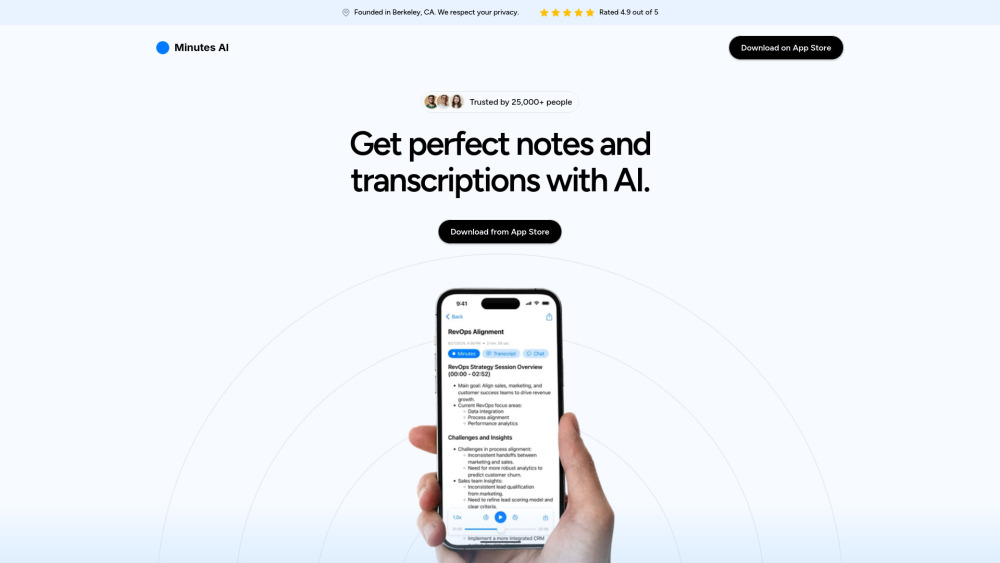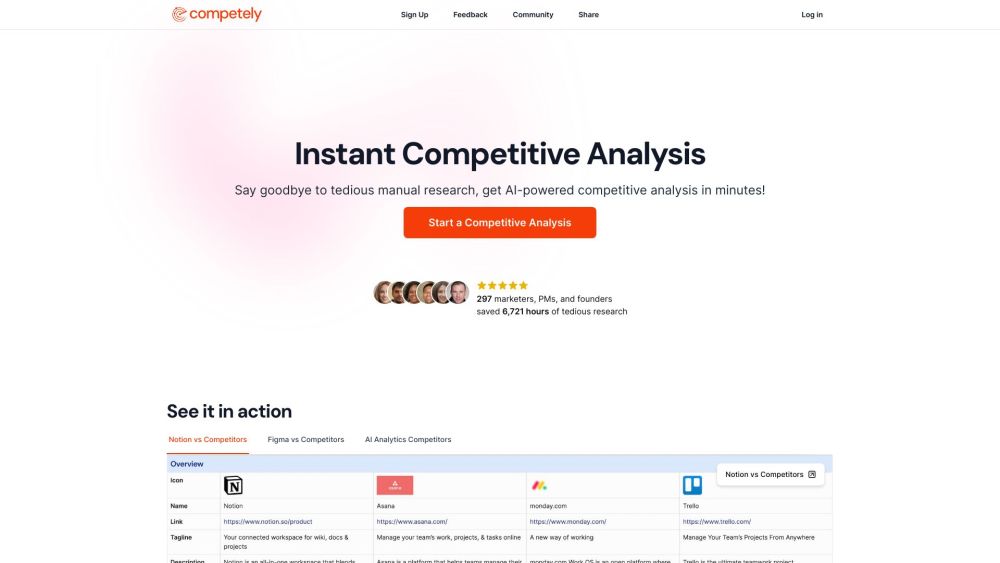Google is expanding its AI-driven search experience globally after successful initial launches in select markets such as the U.S., India, and Japan. Beginning today, the Search Generative Experience (SGE) will be accessible in over 120 new countries and territories, along with support for four additional languages: Spanish, Portuguese, Korean, and Indonesian. This adds to existing languages like English, Hindi, and Japanese. The U.S. will also see enhancements that improve the ability to ask follow-up questions and utilize features like translations and definitions.
Launched earlier this year, SGE serves as Google’s response to Bing Chat—an AI chatbot powered by OpenAI available through Bing and Microsoft Edge. Like Bing Chat, SGE allows users to engage with AI using natural language, enabling them to pose questions and receive comprehensive answers in clear, full sentences, complete with cited references. Since its debut, SGE has been continuously updated with features including AI-generated summaries of paywalled articles, definitions for complex terms in fields like STEM, economics, and history, enhanced coding assistance, image generation, and draft writing capabilities. It has recently opened its doors to U.S. teens aged 13-17.
In this global rollout, Google is also testing a new way for users to ask follow-up questions directly on the search results page. This will allow users to view their previous queries and search results, along with dedicated spaces for ads throughout the page. Google presents this as an opportunity for deeper topic exploration while ensuring its advertisement business remains strong in the AI-powered search landscape.
The upcoming updates will first launch in English for U.S. users over the coming weeks. An enhancement to the translation feature will allow users to select meanings of words with multiple interpretations directly within translations, starting with English-to-Spanish translations. Future expansions to more countries will follow.
Additionally, SGE is introducing an expanded definitions feature that enables users to request definitions of unfamiliar words within answers related to various educational topics, including coding and health information. Users will be able to hover over highlighted terms to preview definitions and associated images. This feature will gradually roll out to English-speaking users in the U.S. within the next month, with more locations set to follow.
“We’re at the beginning of a long journey of innovation, and we're thrilled with our progress so far,” says Hema Budaraju, Google’s Senior Director of Product Management for Search. “With more people now able to utilize generative AI in Search for everyday assistance, we eagerly anticipate further expansion into additional countries.”
The complete list of countries and territories that have gained access to SGE includes, but is not limited to, nations such as:
- American Samoa
- Argentina
- Brazil
- Cambodia
- Ghana
- Jamaica
- Malaysia
- Nigeria
- Rwanda
- Vietnam
For clarity, an earlier version of this announcement mistakenly indicated that Google’s AI would summarize paywalled articles; it does not include those features.
To summarize, this update extends Google's AI search capabilities which now feature AI-generated summaries, definitions, coding advancements, image generation, and the ability to write drafts.






